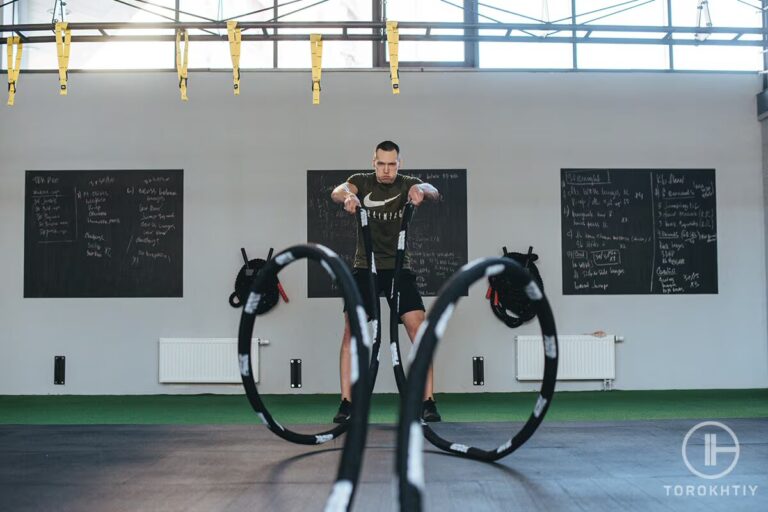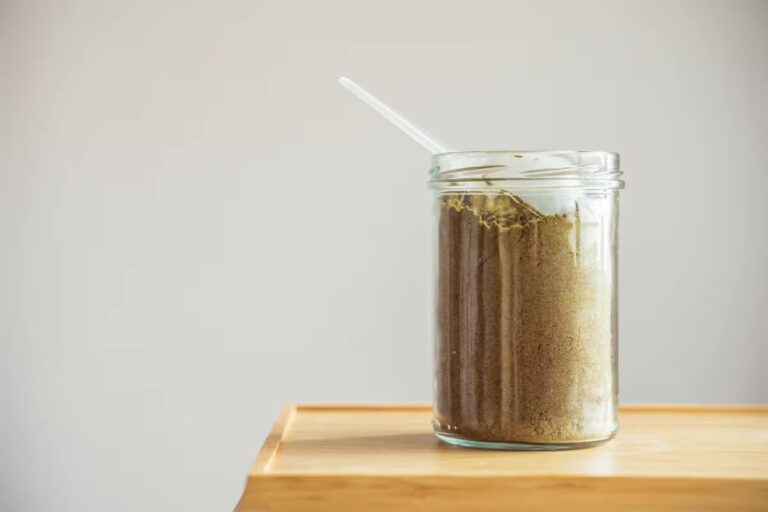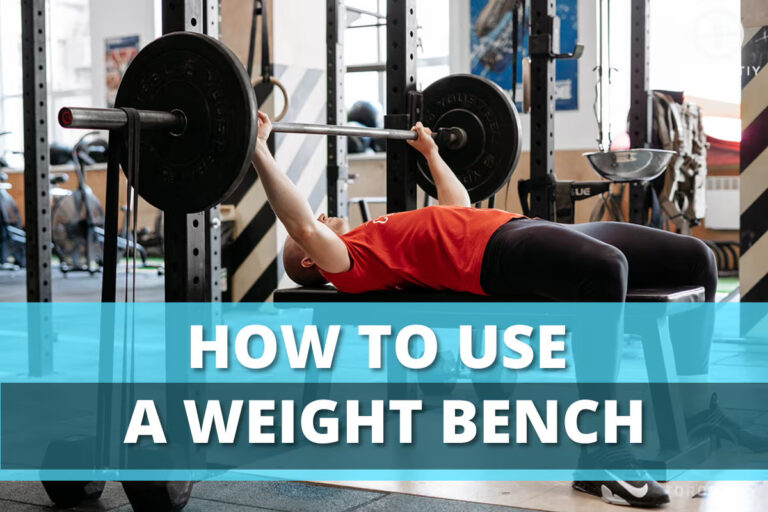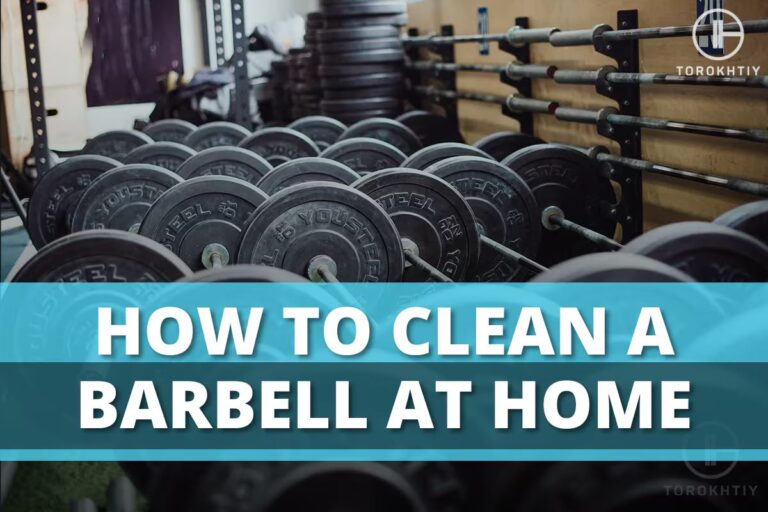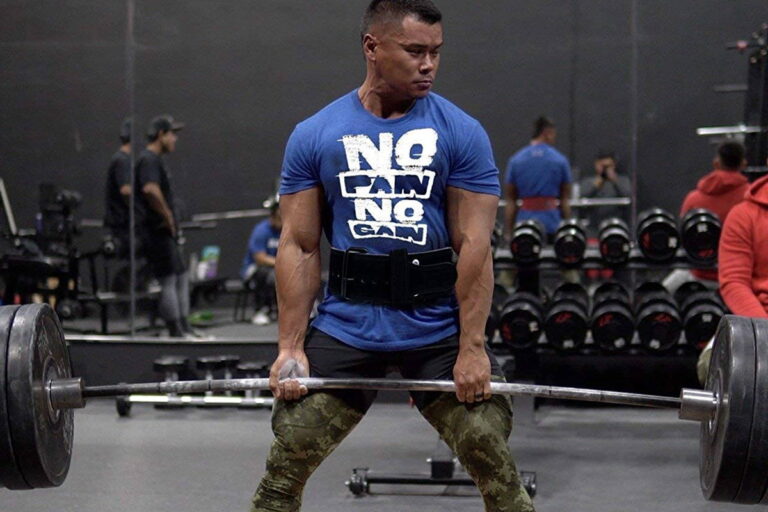Is Vegetarianism Compatible With Weightlifting?
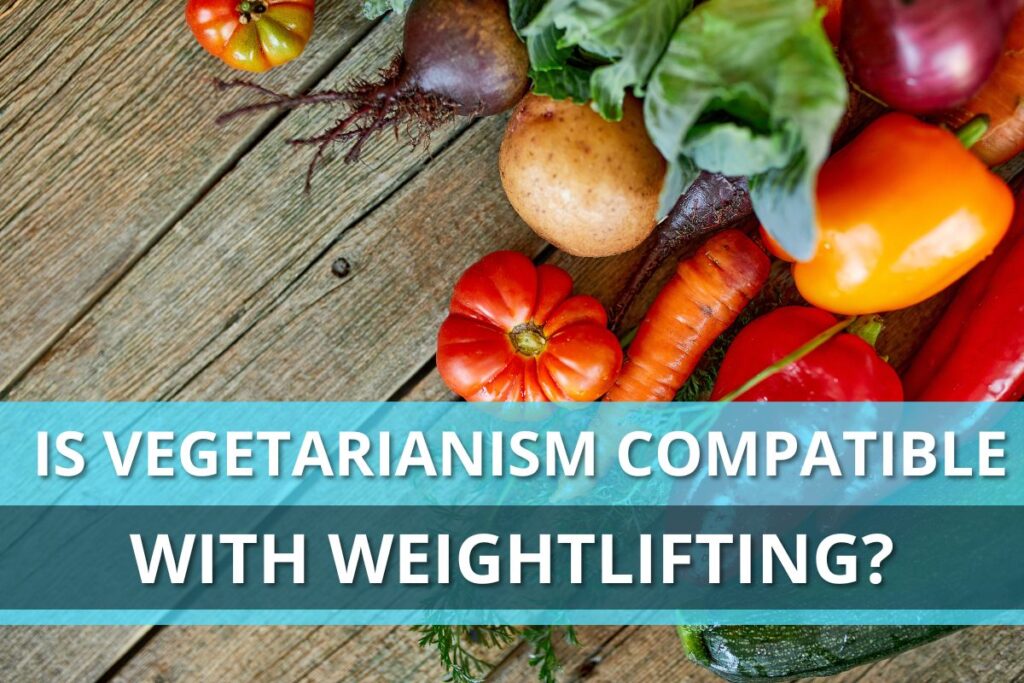
Vegetarianism has been getting increasingly popular for the previous few years. In this article I’m intended to explain the types of vegetarian diets and their suitability for weightlifters.
Vegetarianism (including veganism) has been getting increasingly popular for the previous few years. Everyone has their own reasons to completely exclude animal products from their menu or to strictly limit their consumption. People stick to a vegetarian diet due to their compassion towards the animals, their willingness to protect nature as well as to reduce the risk of chronic diseases.
So what exactly vegetarianism is and which types of it exist?
The general idea of vegetarianism is the total refusal of animal products consumption or the acceptance of just a few products of this origin. I shall remind you of the food list that is related to animal products – all kinds of flesh tissue (poultry, red meat, fish), seafood, co-products (liver, kidneys, heart, etc.), eggs and dairy. But far not every vegetarian denies all animal products.
Basic types of vegetarianism:
- Lacto-vegetarianism – abstains from all animal products except for dairy;
- Ovo-vegetarianism – eggs are the only animal-based food allowed for consumption;
- Lacto-Ovo-vegetarianism – the combination of aforementioned ones, you can eat eggs and dairy;
- Pescetarianism – all kinds of meat are excluded, but fish and sometimes eggs and dairy can be eaten.
- Veganism – all animal products are avoided.
Drawbacks of vegetarian diets
If properly planned such a diet, generally, can fully cover all the demands for nutrients that active athletes may have. However, the deficit of some of them such as protein, omega-3 fatty acids and a number of vitamins and minerals is inevitable with such a nutrition plan.
- Vitamin D – during the cold season our skin is hidden from the ultraviolet light of the sun. Pescetarians who consume a fair amount of fatty fish have no problems with this Vitamin;
- Vitamin B12 – contained in animal-based food only. But eating eggs and dairy products can easily solve its possible deficiency;
- Zinc;
- Iron;
- Calcium (it does not refer to lacto-vegetarians);
- Iodine.

I must remark that vegans have the highest possibility to face nutrient deficiency due to the total exclusion of animal products, even including dairy and eggs.
One of the biggest flaws of vegetarianism/veganism is the abundance of dietary fiber which is irrelevant for the athletes that aim at gaining muscle mass. In this case, fiber may prevent you from getting a sufficient amount of calories as it provides a good satiation effect. Moreover, food products rich in fiber are always voluminous and take up much space in the stomach and intestine making this task even more complicated. Being excessive dietary fiber consumption may also produce a feeling of discomfort in the digestive tract.
Vegetarians also consume less creatine which may hurt their workout efficiency and athletic performance. Because exactly red meat, which is excluded from the vegetarian diet, is a great creatine source.
One of the studies revealed that creatine supplement intake refilled creatine muscle depots in vegetarians. This resulted in increased muscle and strength growth.
Is it possible to gain muscles on a plant-based diet?
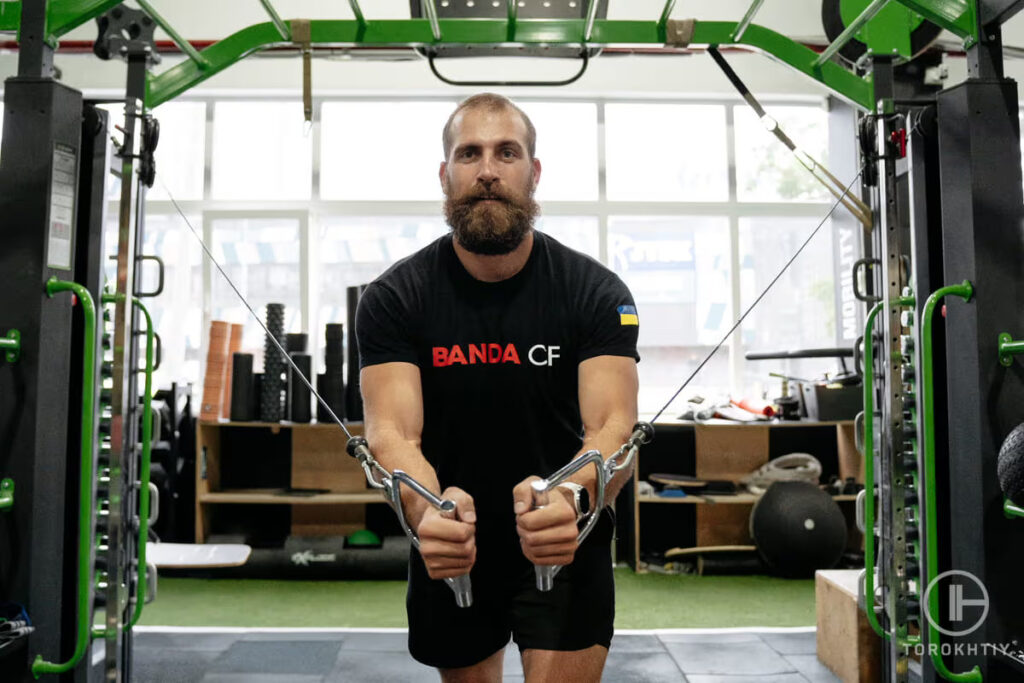
It is well known nowadays that muscles are capable of growing on a plant protein.
But all protein sources vary in essential amino acids they contain. Meat, fish, eggs and dairy have all 9 essential amino acids in ratio optimal for our bodies. Plant-based protein sources, in their turn, can’t boast such a nutritive value and don’t have these amino acids in good ratios. Pulses, for example, lack methionine, grains – lysine and threonine, nuts and sunflower seeds – lysine. But you can get lacking amino acids by mixing these food products, thus you’ll make one amino acid source complement another. And that’s exactly how it’s called – complementary proteins.
Following a mixed vegetarian menu when you daily eat pulses, nuts, grains, will provide you with all essential amino acids in necessary amounts. You don’t even have to bother combining protein-rich plant food in one meal intake.
Low digestibility of the plant protein in comparison with that of animals is another thing that can be considered as a flaw. Protein from eggs, dairy, cheese has a much better digestibility than protein from the majority of plant sources. But you can bypass this drawback by simply increasing the total protein amount in the vegetarian menu. If omnivorous athletes should consume approx. 1.6 g of protein per 1 kg of body weight, then vegetarians should increase this number to 1.7-2 g of protein per 1 kg of body weight to compensate for the low digestibility.
Benefits of vegetarian diets
Firstly I should outline the consumption of big amounts of dietary fiber which positively affects your health. People that aim at losing weight could also greatly benefit from this diet as fair quantities of dietary fiber help to maintain a sense of satiety.
Another benefit is high carbohydrates consumption as it is the basic nutrient of plant-based food. As we all know carbohydrates are essential to keep your physical efficiency on a good level.
How should a vegetarian compose his nutrition plan?
The vegetarian menu should be thoroughly planned and must consist of food products with high nutritional value to avoid nutrient deficit.
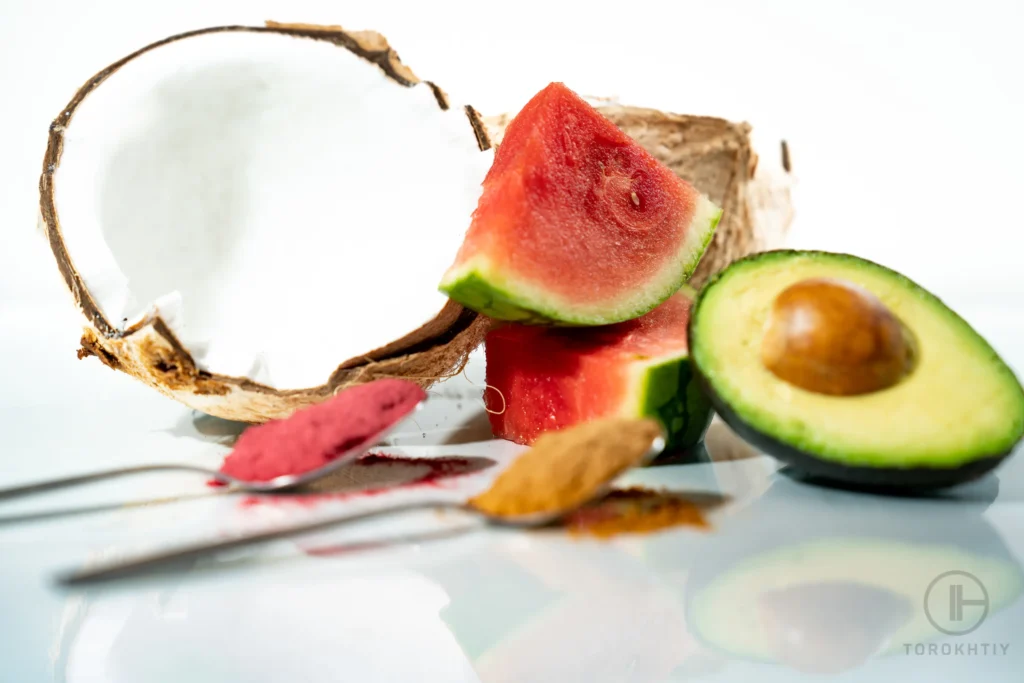
Here are the best sources of protein, omega-3 fatty acids, vitamins and minerals:
- Protein – tofu, tempeh, pulses, quinoa, nuts, seeds and grains. Lacto-vegetarians and ovo-vegetarians definitely take the upper hand concerning protein. Both dairy and eggs are the perfect sources of high-quality complete protein with the full scale of essential amino acids in an optimal ratio.
- Omega-3 fatty acids – walnuts, flax seeds, chia and hemp seeds, seaweed (including microalgae). You can also take microalgae supplements as the source of important omega-3 acid – DHA (docosahexaenoic acid).
- Iron – pulses, dark green leafy vegetables, grains, nuts. You should take food with plant-based iron along with vitamin C-rich food for better absorption. Bell peppers, citrus, broccoli, cauliflower, Brussel sprouts and tomatoes are related to this category.
- Calcium – tofu with calcium phosphate or sulfate, calcium-enriched milk, broccoli, bok choy, cauliflower, collard greens, kale, almonds, figs, oranges.
- Zinc – beans, nuts and seeds, soy products.
- Iodine – seaweed, cranberries, prunes, iodized salt.
- Vitamin B12 – fortified plant food products. B12 vitamin supplements are strongly advised to radical vegans.
Vitamin D, however, is another story. Sometimes even pescetarians and omnivores can’t get a sufficient quantity of this vitamin from their food as fatty fish constitutes its only viable source.
Some vitamin D in the form of a supplement will be quite in handy during the cold season. The good news is we don’t have to worry about vitamin D when we chill out in t-shirts and shorts during the warm part of the year. You should not take additional vitamin D as a supplement without your healthcare specialist’s prescription to avoid hypervitaminosis.
Finally, I would like to say a few words about vegan protein supplements. One scoop of such powder may help you to get the necessary amount of protein if you stumbled upon this problem. But my opinion is that it is relevant only for big guys or vegans. Lacto-ovo-vegetarians are in a much more advantageous position to meet their protein requirements.
🔻Maximum Performance Nutrition Program
Unlock your maximum potential with our Maximum Performance Nutrition Program. Tailored for weightlifters, this program offers serving-based diet planning, no food weighing required.
Perfectly complement your training for efficiency, body composition, competition prep, and weight class adjustments. Optimize performance, carbs, meal timing, and supplements.
Weightlifting Meal Plan Details:
- Easy step-by-step instructions;
- Serving control basis with no food weighing;
- Calorie intake is calculated for body mass;
- Adapts to your training schedule;
- Detailed guidance on progress tracking;
- Meal timing and serving sizes master tools;
- One-time payment for unlimited access.
Level up your game today!
Conclusions
Vegetarian athletes may obtain all or almost all nutrients in necessary amounts by carefully composing their nutrition plan. But mind the flaws the vegetarian diet has. Your menu should be diverse, thoroughly planned, include several sources of plant protein and additional supplements if needed.
I think that lacto-ovo-vegetarianism and pescetarianism where you’re allowed to eat fish, seafood, eggs, dairy, are the most suitable types of vegetarianism for an active athlete. There is no universality here and no single nutrition plan suitable for everyone so the choice is yours, as it has always been!
You might be interested in:
Why Trust Us?
With over 20 years in Olympic Weightlifting, our team does its best to provide the audience with ultimate support and meet the needs and requirements of advanced athletes and professional lifters, as well as people who strive to open new opportunities and develop their physical capabilities with us.
By trusting the recommendations of our certified experts in coaching, nutrition, dietology, and sports training programming, as well as scientific consultants, and physiotherapists, we provide you with thorough, well-considered, and scientifically proven content. All the information given in the articles concerning workout programming, separate exercises, and athletic performance, in general, is based on verified data. We ensure that you can rely on our professionals’ pieces of advice and recommendations that can be treated as personalized ones which will benefit you and fully meet your needs.
The product testing process is described in more detail here
Author: Sergii Putsov
Head of Sport Science, PhD
Best Results: Snatch – 165 kg,
C&J – 200 kg
Sergii Putsov, Ph.D., is a former professional weightlifter and National team member, achieving multiple medals in the 94 kg weight category at national competitions. With a Master’s degree in “Olympic & Professional Sport Training” and a Sport Science Ph.D. from the International Olympic Academy, Greece, Sergii now leads as the Head of Sport Science. He specializes in designing training programs, writing insightful blog articles, providing live commentary at international weightlifting events, and conducting educational seminars worldwide alongside Olympic weightlifting expert Oleksiy Torokhtiy.



